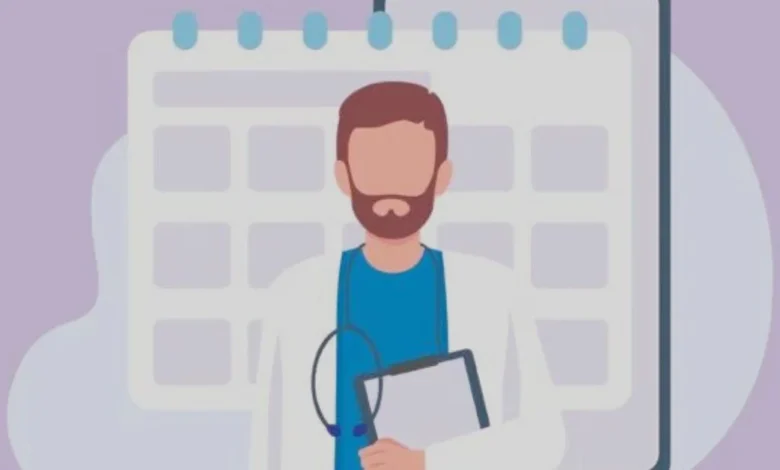What You Should Expect During Men’s Health Exams

Men’s health exams are routine checkups that help determine overall health in men. It involves various checkups and tests to help detect any health condition for effective treatment. Men’s health exams help treat existing and potential conditions, preventing future complications. Doctors recommend men get medical exams at least once a year. Your doctor may recommend frequent examinations if you have a chronic condition. Men’s health Cary exams can help improve overall health and quality of life. Men’s health exams involve various checkups, which include:
Vital signs check
Common vital signs checked during men’s health exams include:
Blood pressure: Normal blood pressure should be read less than one hundred and twenty over less than eighty.
Temperature: Normal human temperature is thirty-seven degrees Celsius, but sometimes it can be slightly higher or lower even when you are healthy.
Heart rate: Normal heart rate ranges between sixty and one hundred, but many healthy people have a rate slower than sixty.
Respiration rate: A healthy respiration rate ranges from twelve to sixteen breaths per minute. Having more than twenty breaths per minute can indicate heart or lung problems.
Medical history
Your doctor will start by asking about your health history, which includes personal and family medical history. If you have any complaints or concerns about your health, ensure you talk to your doctor about them. The provider may question your lifestyle habits like smoking, alcohol use, sexual health, diet, and exercise. The doctor may also check your vaccination status.
Physical exam
Your doctor can check your testicles for lumps, tenderness, or changes in size. Abnormal changes in your testicles may indicate testicular cancer. The provider may tell you to turn your head and cough to check for a weakness in the abdominal wall between your intestines and scrotum, which can lead to a hernia. A penis exam can help detect signs of sexually transmitted diseases like warts or ulcers on your penis.
Other general checkups
Lung exam: Using a stethoscope, your doctor will listen for wheezes or decreased breathing sounds that can help detect lung or heart disease.
Dermatological exam: Skin and nail abnormal changes can indicate dermatological issues or a condition in another part of your body.
Heart exam: Your doctor can use a stethoscope to listen to your heart to help detect an irregular heartbeat or other heart problems.
Extremities exam: Your provider will observe physical and sensory changes and examine joints to check for abnormalities.
Laboratory tests
Your doctor may recommend laboratory tests to get further details of your concerns or evaluate other health risk factors. Complete blood count, chemistry panel, and urinalysis are common tests done routinely during men’s health exams. You can get a lipid panel test every four to six years to check your cholesterol levels. Your doctor may suggest frequent cholesterol tests if you have risk factors for heart disease. A blood sugar test may be essential if you are obese or have risk factors for diabetes.
Men’s health exams involve your doctor evaluating overall health in men to help detect potential and existing conditions. It may involve a vital signs checkup, medical history review, physical examination, and laboratory tests. Schedule an appointment at Generations Family Practice for men’s health services to improve your overall health.




